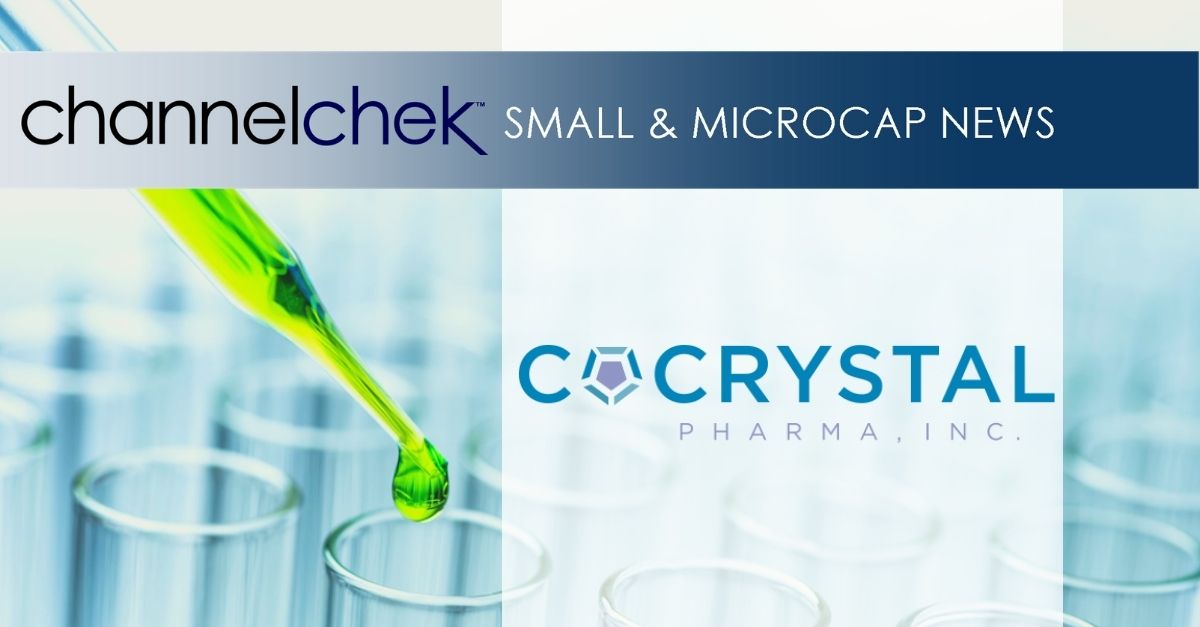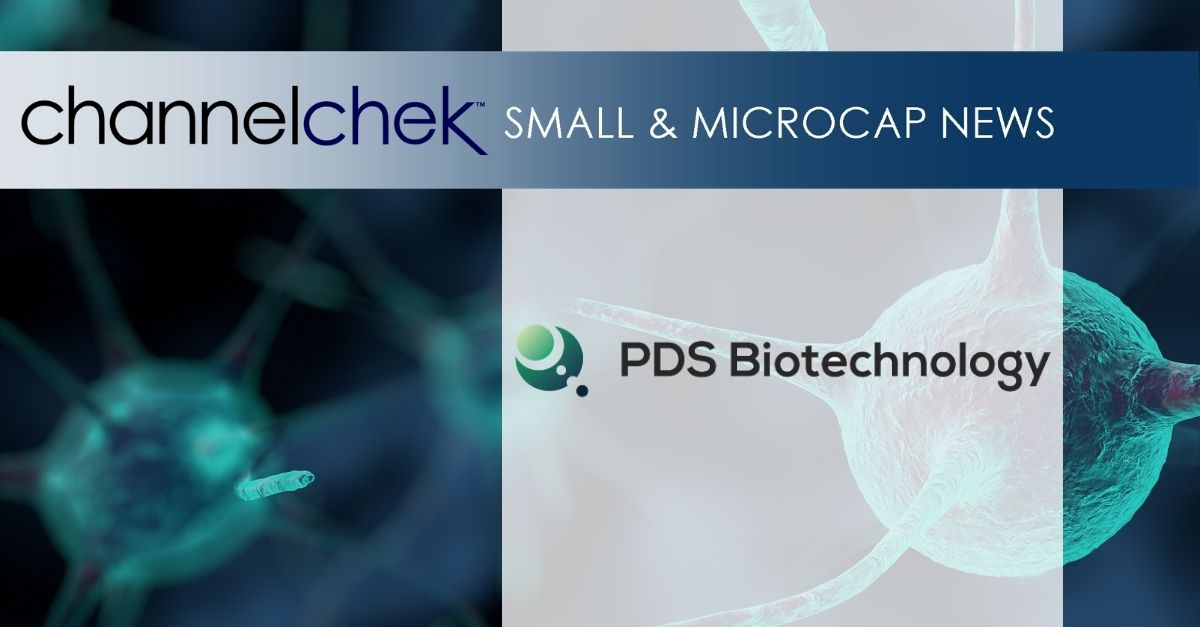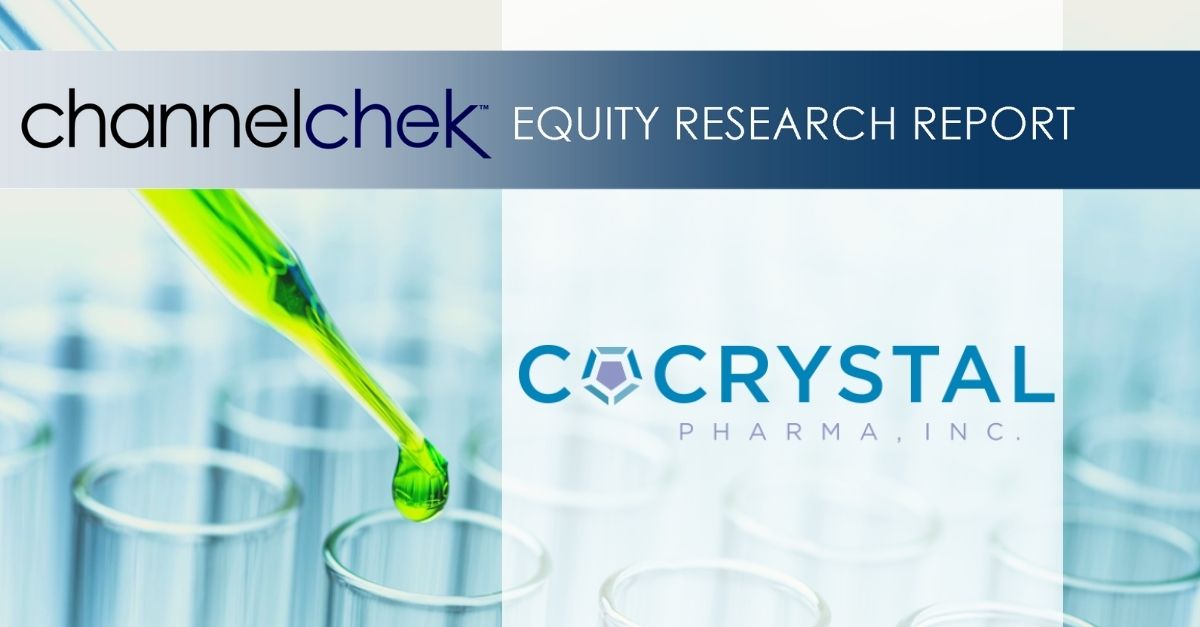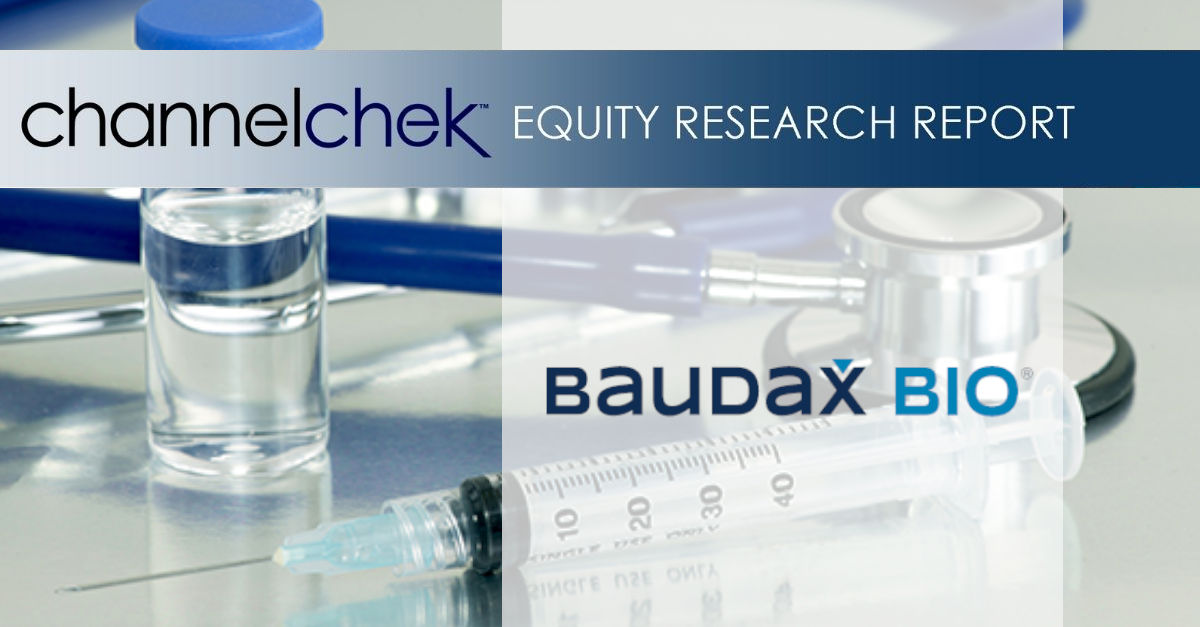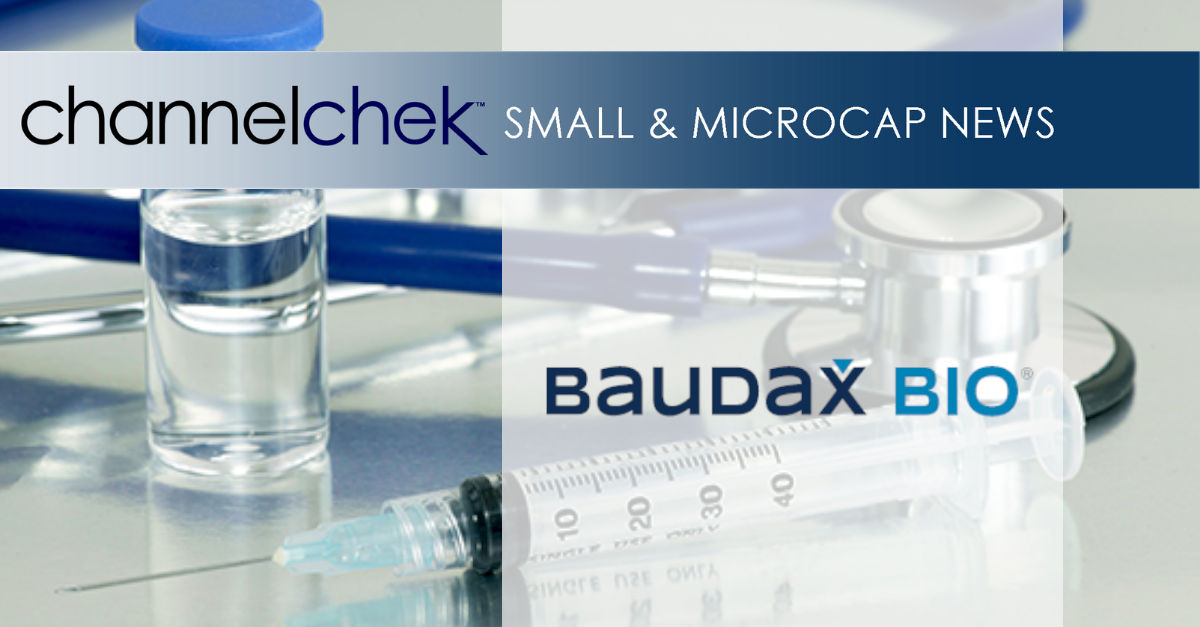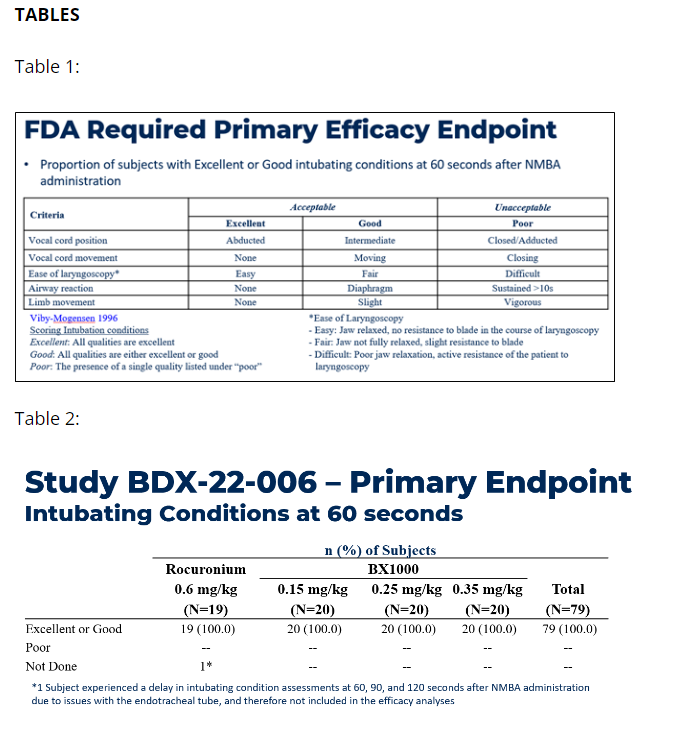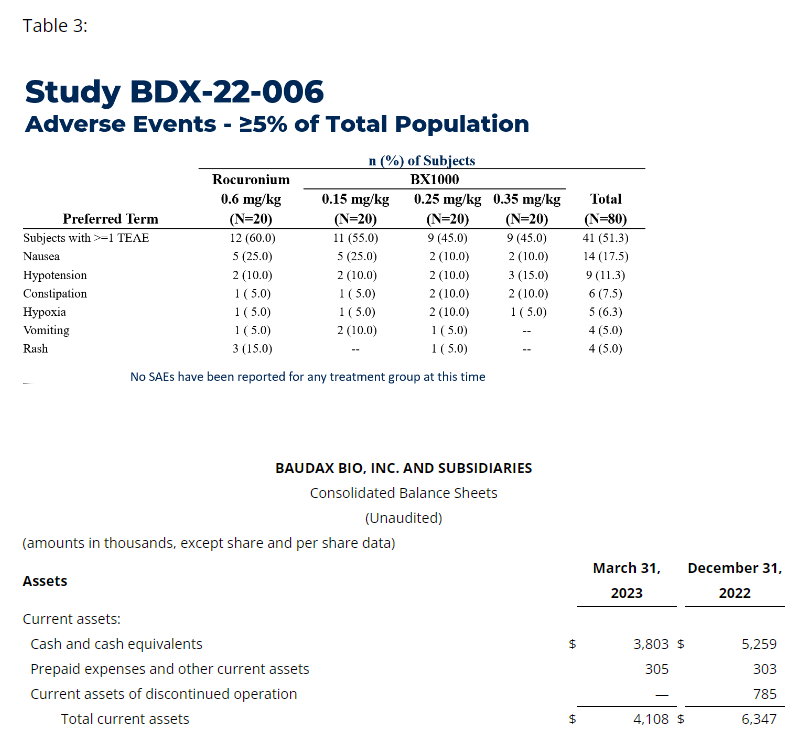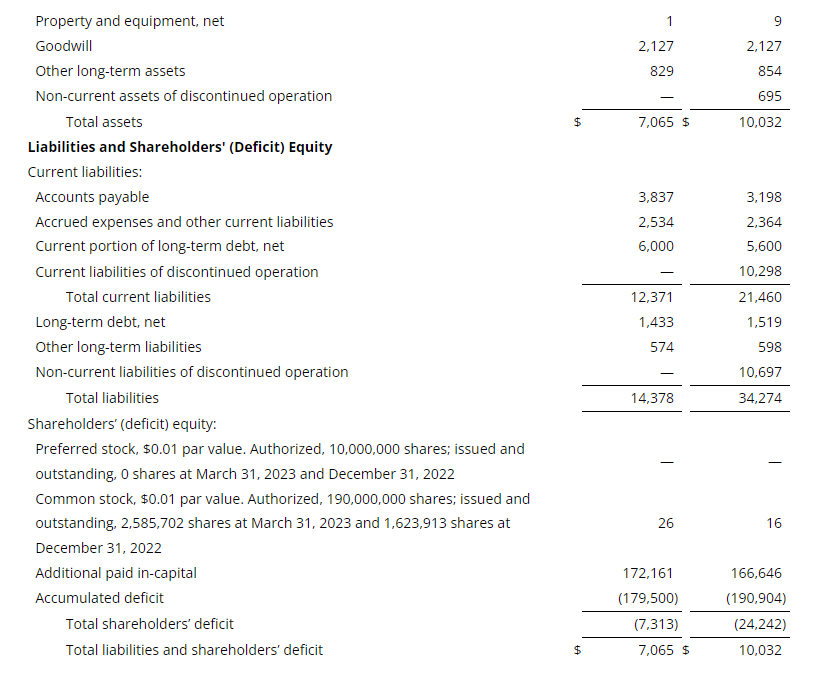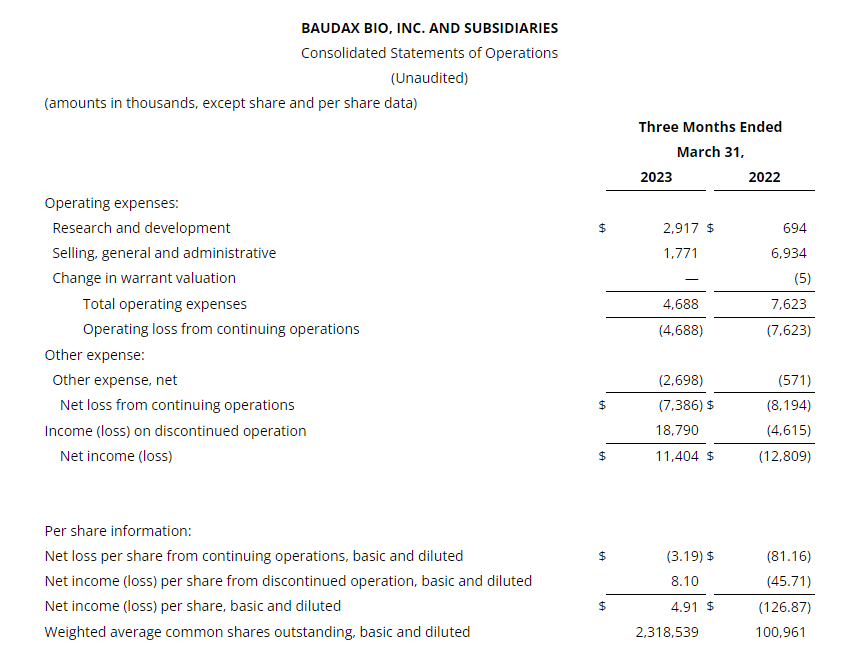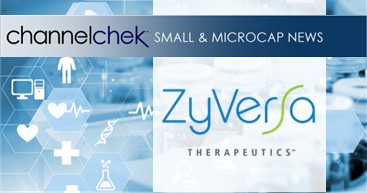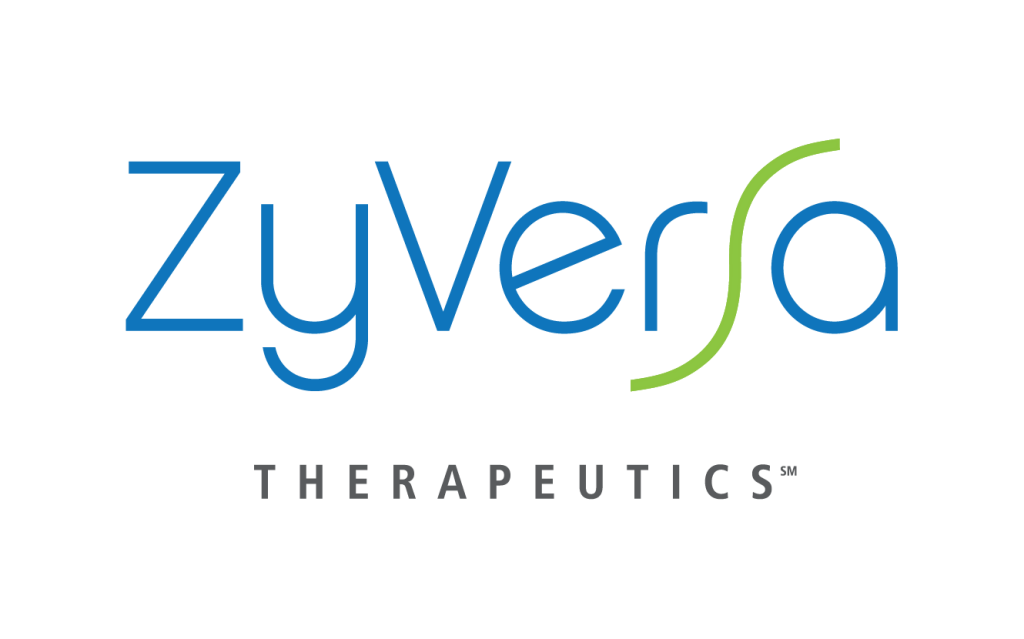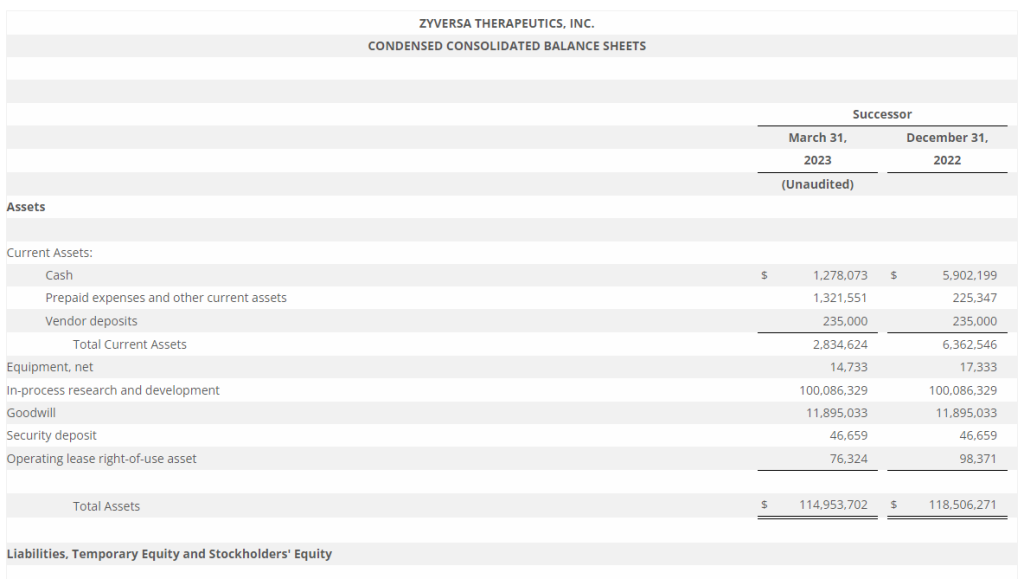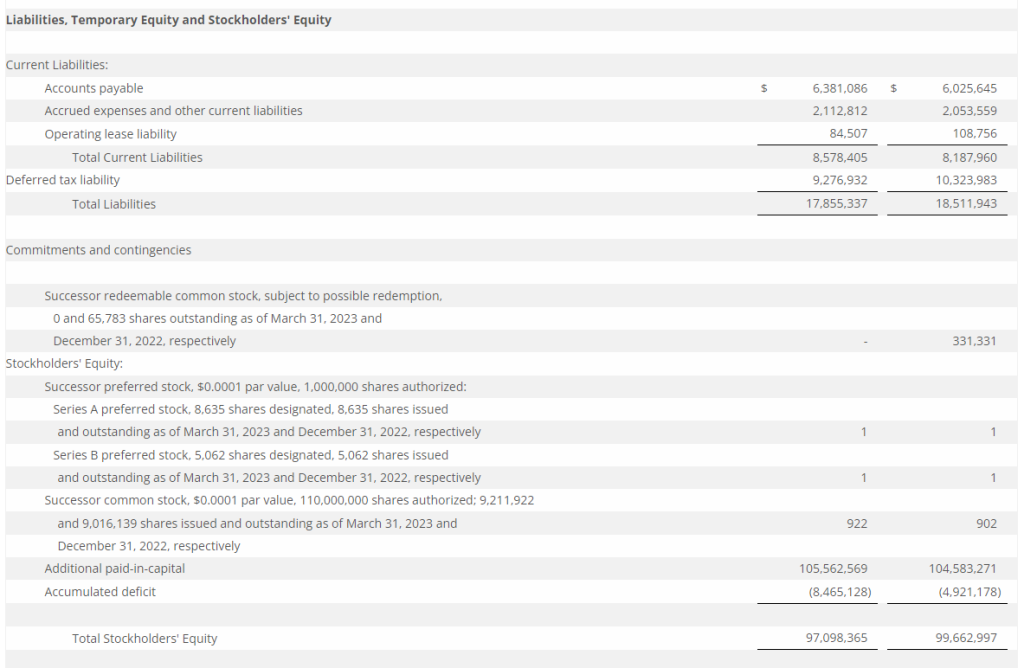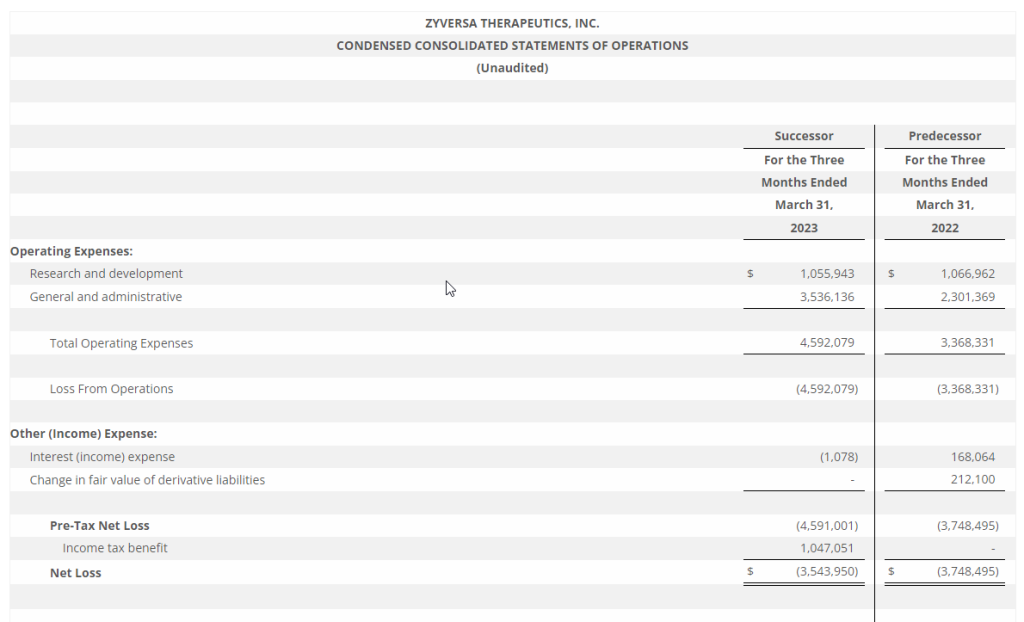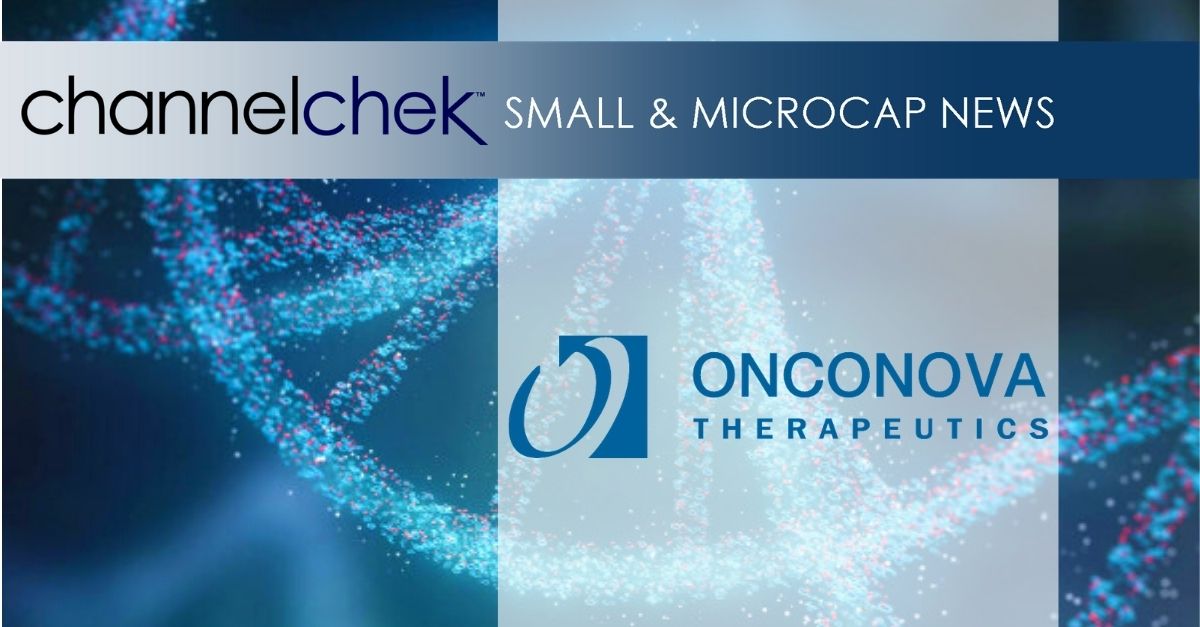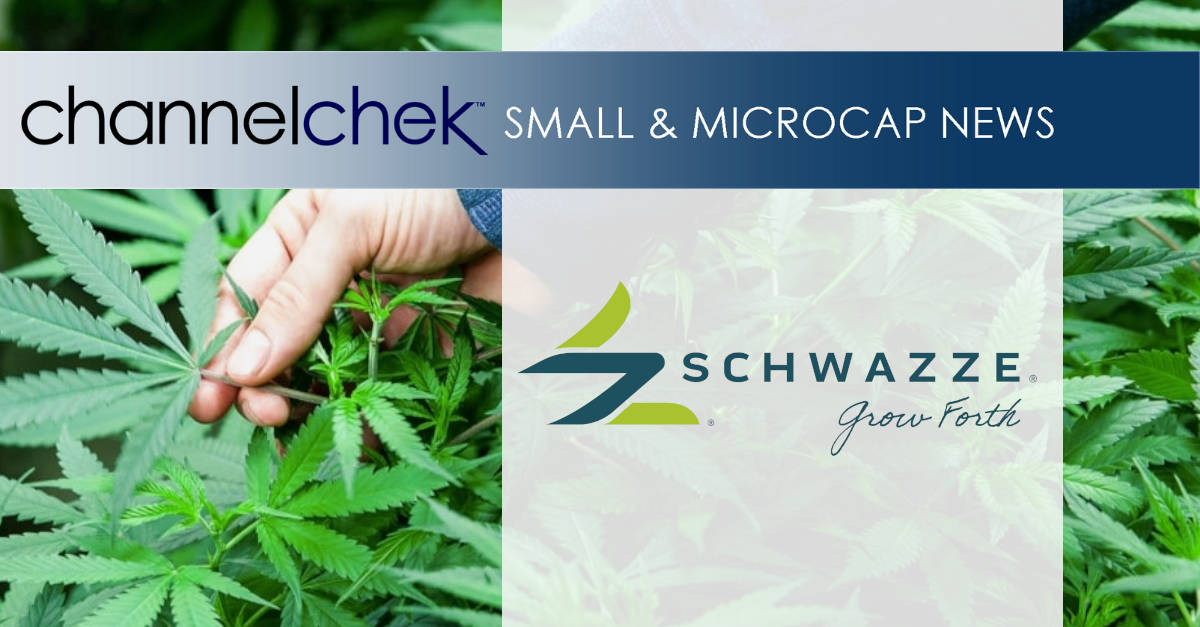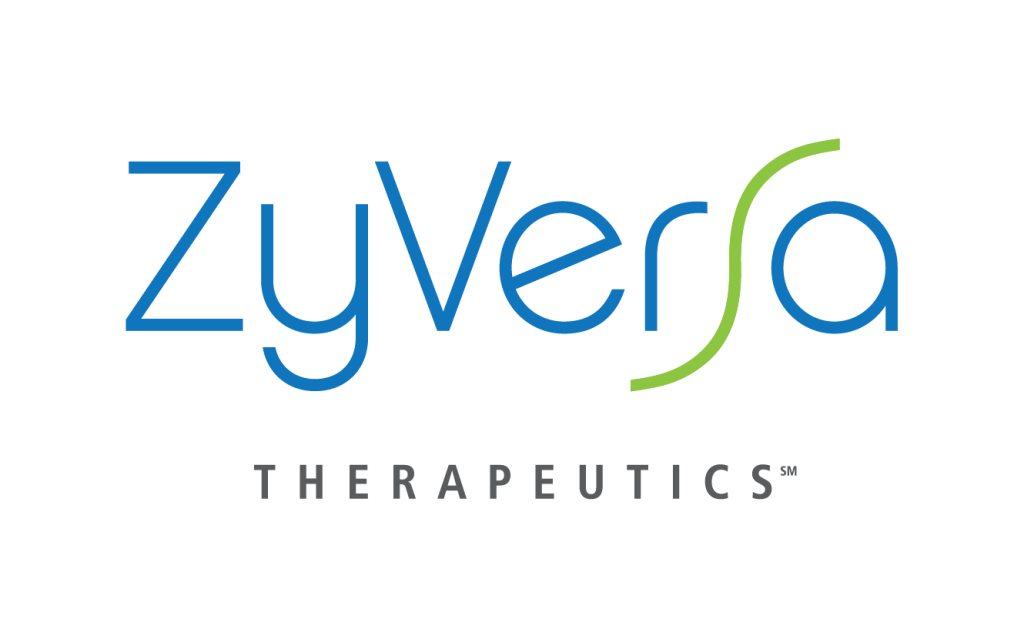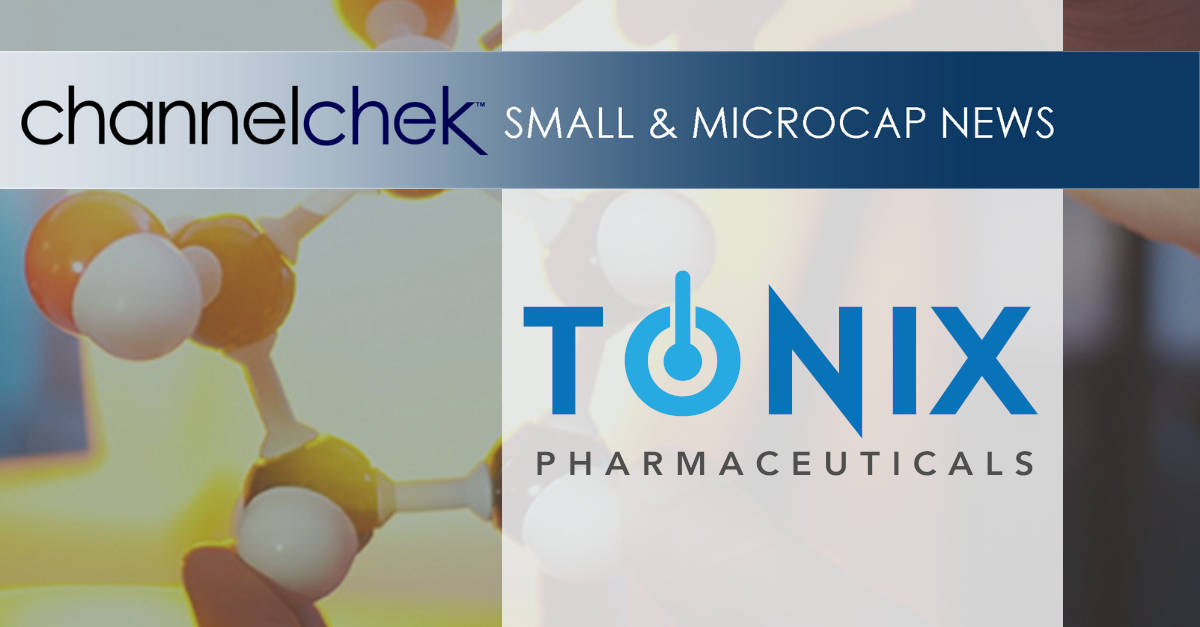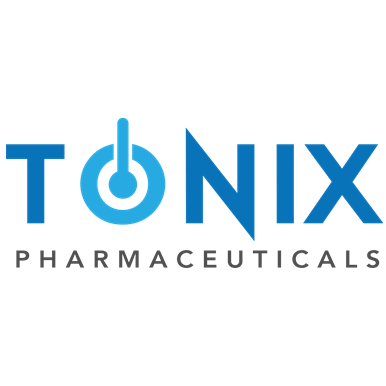
Research News and Market Data on COCP
MAY 15, 2023
BOTHELL, Wash., May 15, 2023 (GLOBE NEWSWIRE) — Cocrystal Pharma, Inc. (Nasdaq: COCP) (Cocrystal or the Company) reports financial results for the three months ended March 31, 2023 and provides updates on its antiviral pipeline, upcoming milestones and business activities.
“Recent progress in advancing our pipeline of antiviral drug candidates keeps us on pace to meet our 2023 milestones,” said Sam Lee, Ph.D., President and co-CEO of Cocrystal. “In our COVID-19 program, we submitted an application to the Australian regulatory agency to begin a first-in-human clinical trial with our novel, broad-spectrum oral protease inhibitor CDI-988. We are prepared to begin this trial in the current quarter, subject to regulatory clearance.
“We are working diligently to meet the strict UK regulatory filing standards to begin a Phase 2a human challenge study with our novel oral PB2 inhibitor CC-42344 for pandemic and seasonal influenza A. Pending regulatory approval, this trial is set to begin in the second half of this year,” he added. “In our norovirus program, we are completing additional preclinical studies and expect to announce a lead oral candidate for further development in the very near future.”
“We are well positioned to advance our programs with cash resources that we believe are sufficient for planned operating activities for the coming year, while also pursuing non-dilutive funding to further support the development of our promising antiviral programs,” said James Martin, CFO and co-CEO.
“During the second quarter, we completed a $4 million private placement financing in which we received investments from our co-founder and director Dr. Phillip Frost and Mr. Fred Hassan, a highly accomplished industry veteran. Subsequent to the fundraise, we were pleased to welcome Mr. Hassan to our Board of Directors,” he added. “Last week we filed a registration statement on Form S-3, known as a shelf registration statement, with the Securities and Exchange Commission, as a normal course of business to replace our current shelf registration statement which was due to expire. While we do not have any immediate plans to raise funds under this filing, we deem it prudent to have a shelf registration statement in place which once effective will allow us greater flexibility to pursue additional financing opportunities in the future.”
Antiviral Product Pipeline Overview
We are developing antiviral therapeutics that inhibit the essential viral replication function of RNA viruses that cause acute and chronic diseases. Our drug discovery process focuses on the highly conserved regions of the viral enzymes and inhibitor-enzyme interactions at the atomic level. It differs from traditional, empirical medicinal chemistry approaches that often require iterative high-throughput compound screening and lengthy hit-to-lead processes. By designing and selecting drug candidates that interrupt the viral replication process and have specific binding characteristics, we seek to develop drugs that are effective against both the virus and possible mutants of the virus, and also have reduced off-target interactions that may cause undesirable clinical side effects.
Influenza Programs
Influenza is a severe respiratory illness caused by either the influenza A or B virus that results in disease outbreaks mainly during the winter months. The global seasonal influenza market was valued at $6.5 billion in 2021 and is projected to reach up to $27.95 billion by 2029, according to Data Bridge Market Research.
- Pandemic and Seasonal Influenza A
- Our novel oral PB2 inhibitor, CC-42344, has shown excellent antiviral activity against influenza A strains including pandemic and seasonal strains, as well as strains resistant to Tamiflu® and Xofluza®.
- In March 2022 we initiated enrollment in a randomized, double-controlled, dose-escalating Phase 1 clinical trial to evaluate the safety, tolerability and pharmacokinetics (PK) of orally administered CC-42344 in healthy adults.
- In April 2022 we announced preliminary Phase 1 clinical trial data demonstrating a favorable safety and PK profile in the first two cohorts in the single-ascending dose portion of the study.
- In July 2022 we reported PK results from the single-ascending dose of the study supporting once-daily dosing.
- In December 2022 we reported favorable safety and tolerability results from the Phase 1 trial with CC-42344 for influenza A.
- We entered into an agreement with a UK-based clinical research organization to conduct a Phase 2a human challenge study evaluating safety, and viral and clinical measures of orally administered CC-42344 in influenza A-infected subjects. Under the human challenge model, healthy adults will be infected with the influenza A virus under carefully controlled conditions, which we believe will hasten trial enrollment.
- We expect to submit an application with the United Kingdom Medicines and Healthcare Products Regulatory Agency in the first half of 2023 to conduct this study and, pending clearance, we expect to initiate the study in the second half of 2023.
- Preclinical development is underway with an inhaled formulation of CC-42344 as a treatment and prophylaxis for influenza A. We expect to begin a Phase 1 clinical trial in the first half of 2024.
- Pandemic and Seasonal Influenza A/B Program
- In January 2019 we entered into an Exclusive License and Research Collaboration Agreement with Merck Sharp & Dohme Corp. (Merck) to discover and develop certain proprietary influenza antiviral agents that are effective against both influenza A and B strains. This agreement includes milestone payments of up to $156 million plus royalties on sales of products discovered under the agreement.
- In January 2021 we announced completion of all research obligations under the agreement, making Merck solely responsible for further preclinical and clinical development of these compounds.
- In early 2023 Merck notified us of its intent to continue development of the proprietary compounds discovered under this agreement and that they have filed multiple U.S. and international patent applications associated with these compounds on behalf of both companies. Merck continues to be responsible for managing the patents.
COVID-19 and Other Coronavirus Programs
By targeting viral replication enzymes and protease, we believe it is possible to develop an effective treatment for all coronavirus diseases including COVID-19, Severe Acute Respiratory Syndrome (SARS) and Middle East Respiratory Syndrome (MERS). Our main SARS-CoV-2 protease inhibitors showed potent in vitro pan-viral activity against common human coronaviruses, rhinoviruses and respiratory enteroviruses that cause the common cold, as well as against noroviruses that can cause symptoms of acute gastroenteritis.
- Oral Protease Inhibitor CDI-988
- We selected CDI-988 as our lead candidate for development as a potential oral treatment for SARS-CoV-2. Designed and developed using our proprietary structure-based drug discovery platform technology, CDI-988 targets a highly conserved region in the active site of SARS-CoV-2 3CL (main) protease required for viral RNA replication.
- CDI-988 exhibited superior in vitro potency against SARS-CoV-2 with activity maintained against variants of concern, and demonstrated a safety profile and PK properties that are supportive of daily dosing.
- We submitted an application to the Australian regulatory agency for a planned randomized, double-blind, placebo-controlled Phase 1 clinical trial. Pending regulatory clearance, we expect to initiate the study in the first half of 2023. We believe the FDA’s guidance for further development of our antiviral candidate CDI-45205 (described below) also provides us with a clearer pathway for this planned study, as well as directives for designing a subsequent Phase 2 clinical trial.
- Intranasal/Pulmonary Protease Inhibitor CDI-45205
- An IND-enabling study is ongoing with CDI-45205, our novel SARS-CoV-2 3CL (main) protease inhibitor being developed as a potential treatment for SARS-CoV-2 and its variants.
- We received guidance from the FDA regarding further preclinical and clinical development of CDI-45205 that provides a clearer pathway for future development.
- CDI-45205 and several analogs showed potent in vitro activity against the main SARS-CoV-2 variants to date, surpassing the activity observed with the original Wuhan strain.
- CDI-45205 demonstrated good bioavailability in mouse and rat PK studies via intraperitoneal injection, and no cytotoxicity against a variety of human cell lines. CDI-45205 also demonstrated a strong synergistic effect with the FDA-approved COVID-19 medicine remdesivir.
- An IND-enabling study with CDI-45205 is ongoing.
- CDI-45205 was among the broad-spectrum viral protease inhibitors we obtained from Kansas State University Research Foundation (KSURF) under an exclusive license agreement announced in April 2020. We believe the protease inhibitors obtained from KSURF have the ability to inhibit the inactive SARS-CoV-2 polymerase replication enzymes into an active form.
- Replication Inhibitors
- We are using our proprietary structure-based drug discovery platform technology to discover replication inhibitors for orally administered therapeutic and prophylactic treatments for SARS-CoV-2. Replication inhibitors hold potential to work with protease inhibitors in a combination therapy regimen.
Norovirus Program
- We are developing proprietary broad-spectrum, non-nucleoside polymerases for the treatment of human norovirus infections using our proprietary structure-based drug design technology platform. We also hold exclusive rights to norovirus protease inhibitors for use in humans under the KSURF license.
- We are targeting the selection of an oral preclinical lead in the first half of 2023.
- Norovirus is a global public health problem that’s responsible for nearly 90% of epidemic, non-bacterial outbreaks of gastroenteritis around the world.
Hepatitis C Program
- We are seeking a partner to advance the development of CC-31244 following the successful completion of a Phase 2a clinical trial. This compound has shown favorable safety and preliminary efficacy in a triple-regimen Phase 2a clinical trial in combination with Epclusa (sofosbuvir/velpatasvir) for the ultra-short duration treatment of individuals infected with the hepatitis C virus (HCV).
- HCV is a viral infection of the liver that causes both acute and chronic infection. In June 2022 the World Health Organization estimated that 58 million people worldwide have chronic HCV infection.
Corporate Updates
- On May 12, 2023, we filed a registration statement on Form S-3 with Securities and Exchange Commission to replace our previous Form S-3, which was expiring. The replacement shelf registration statement is subject to potential review and comment from, and must be declared effective by, the Securities and Exchange Commission before it can be used for new offerings.
- On April 24, 2023, we announced the appointment of Fred Hassan to our Board of Directors. Mr. Hassan’s distinguished 40-year career includes serving in senior executive and director positions at global pharmaceutical companies and leading investment firms. He currently is Chairman of the investment firm Caret Group and a Director of Warburg Pincus LLC, a global private equity firm.
- On April 4, 2023, we completed a $4 million private placement offering of our common stock with Mr. Hassan and Phillip Frost, M.D., a Company cofounder and director, who serves as Chairman and CEO of OPKO Health.
- On March 29, 2023, the United States Court of Appeals for the Third Circuit ruled in favor of our previously disclosed litigation with an insurance company, thereby vacating the trial court’s prior grant of summary judgment in favor of the insurer. As a result of this ruling, the case will be remanded to the District Court for trial on the merits of our coverage claims for defense costs. We intend to file a motion to seek the return of the $1.6 million that we paid to the District Court to stay the judgment. We are evaluating all options, including potential settlement with the insurance company.
First Quarter Financial Results
Research and development expenses for the first quarter of 2023 were $3.9 million, compared with $2.9 million for the first quarter of 2022. The increase was primarily due to preparations for a Phase 2a clinical trial with CC-42344 for pandemic and seasonal influenza A and a Phase 1 clinical trial with CDI-988 for COVID-19, and advancing the preclinical norovirus program, partially offset by a reduction in R&D tax credits. General and administrative expenses for the first quarter of 2023 were $1.2 million, compared with $1.3 million for the first quarter of 2022. The decrease was primarily due to lower stock option, litigation, financial/listing and insurance expenses.
The net loss for the first quarter of 2023 was $5.2 million, or $0.64 per share, compared with the net loss for the first quarter of 2022 of $4.2 million, or $0.52 per share.
Cocrystal reported unrestricted cash as of March 31, 2023 of $34.0 million, compared with $37.1 million as of December 31, 2022. The net cash used in operating activities for the first quarter of 2023 was $3.1 million. The Company had working capital of $33.8 million and 8.1 million common shares outstanding as of March 31, 2023. Subsequent to the close of the first quarter, the Company raised $4 million in a private placement offering of common stock which was priced “at-the-market” under Nasdaq Listing Rules.
About Cocrystal Pharma, Inc.
Cocrystal Pharma, Inc. is a clinical-stage biotechnology company discovering and developing novel antiviral therapeutics that target the replication process of influenza viruses, coronaviruses (including SARS-CoV-2), hepatitis C viruses and noroviruses. Cocrystal employs unique structure-based technologies and Nobel Prize-winning expertise to create first- and best-in-class antiviral drugs. For further information about Cocrystal, please visit www.cocrystalpharma.com.
Cautionary Note Regarding Forward-Looking Statements
This press release contains forward-looking statements within the meaning of the Private Securities Litigation Reform Act of 1995, including statements regarding our plans for the future development of preclinical and clinical drug candidates, our expectations regarding future characteristics of the product candidates we develop, the expected time of achieving certain value driving milestones in our programs, including, preparation, commencement and advancement of clinical studies for certain product candidates in 2023 and beyond, the viability and efficacy of potential treatments for coronavirus and other diseases, expectations for the markets for certain therapeutics, our ability to execute our clinical and regulatory goals and deploy regulatory guidance towards future studies, the expected sufficiency of our cash balance to advance our programs and fund our planned operations, our liquidity, and our continued pursuit of non-dilutive funding. The words “believe,” “may,” “estimate,” “continue,” “anticipate,” “intend,” “should,” “plan,” “could,” “target,” “potential,” “is likely,” “will,” “expect” and similar expressions, as they relate to us, are intended to identify forward-looking statements. We have based these forward-looking statements largely on our current expectations and projections about future events. Some or all of the events anticipated by these forward-looking statements may not occur. Important factors that could cause actual results to differ from those in the forward-looking statements include, but are not limited to, the risks and uncertainties arising from the risks arising from inflation, interest rate increases, the recent banking crisis, the possibility of a recession and the Ukraine war on our Company, our collaboration partners, and on the U.S., U.K., Australia and global economies, including manufacturing and research delays arising from raw materials and labor shortages, supply chain disruptions and other business interruptions including any adverse impacts on our ability to obtain raw materials and test animals as well as similar problems with our vendors and our current and any future CROs and contract manufacturing organizations (CMOs), the ability of our CROs to recruit volunteers for, and to proceed with, clinical studies, our reliance on Merck for further development in the influenza A/B program under the license and collaboration agreement, our and our collaboration partners’ technology and software performing as expected, financial difficulties experienced by certain partners, the results of any current and future preclinical and clinical trials, general risks arising from clinical trials, receipt of regulatory approvals, regulatory changes, development of effective treatments and/or vaccines by competitors, including as part of the programs financed by the U.S. government, potential mutations in a virus we are targeting which may result in variants that are resistant to a product candidate we develop, and the outcome of the ongoing litigation with the insurance company. Further information on our risk factors is contained in our filings with the SEC, including our Annual Report on Form 10-K for the year ended December 31, 2022. Any forward-looking statement made by us herein speaks only as of the date on which it is made. Factors or events that could cause our actual results to differ may emerge from time to time, and it is not possible for us to predict all of them. We undertake no obligation to publicly update any forward-looking statement, whether as a result of new information, future developments or otherwise, except as may be required by law.
Investor Contact:
LHA Investor Relations
Jody Cain
310-691-7100
jcain@lhai.com
Media Contact:
JQA Partners
Jules Abraham
917-885-7378
Jabraham@jqapartners.com
Source: Cocrystal Pharma, Inc.
Released May 15, 2023
